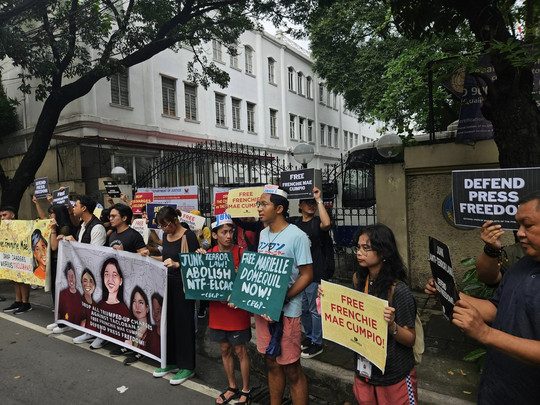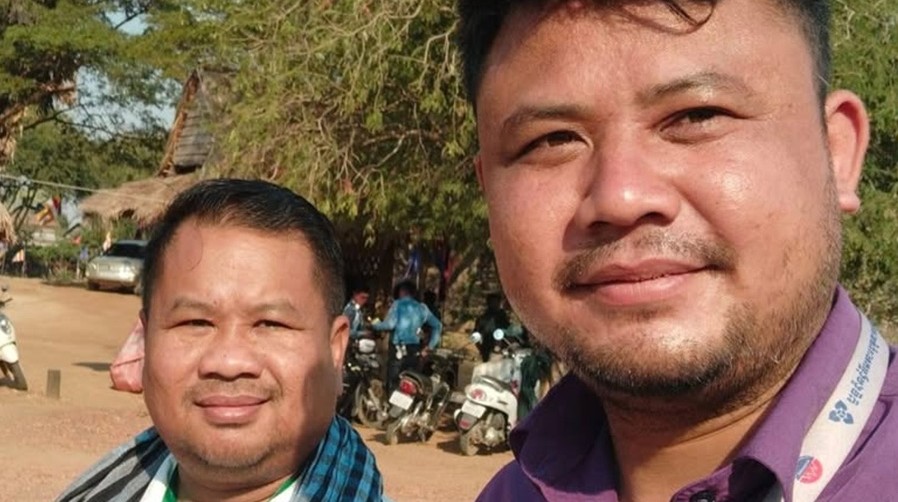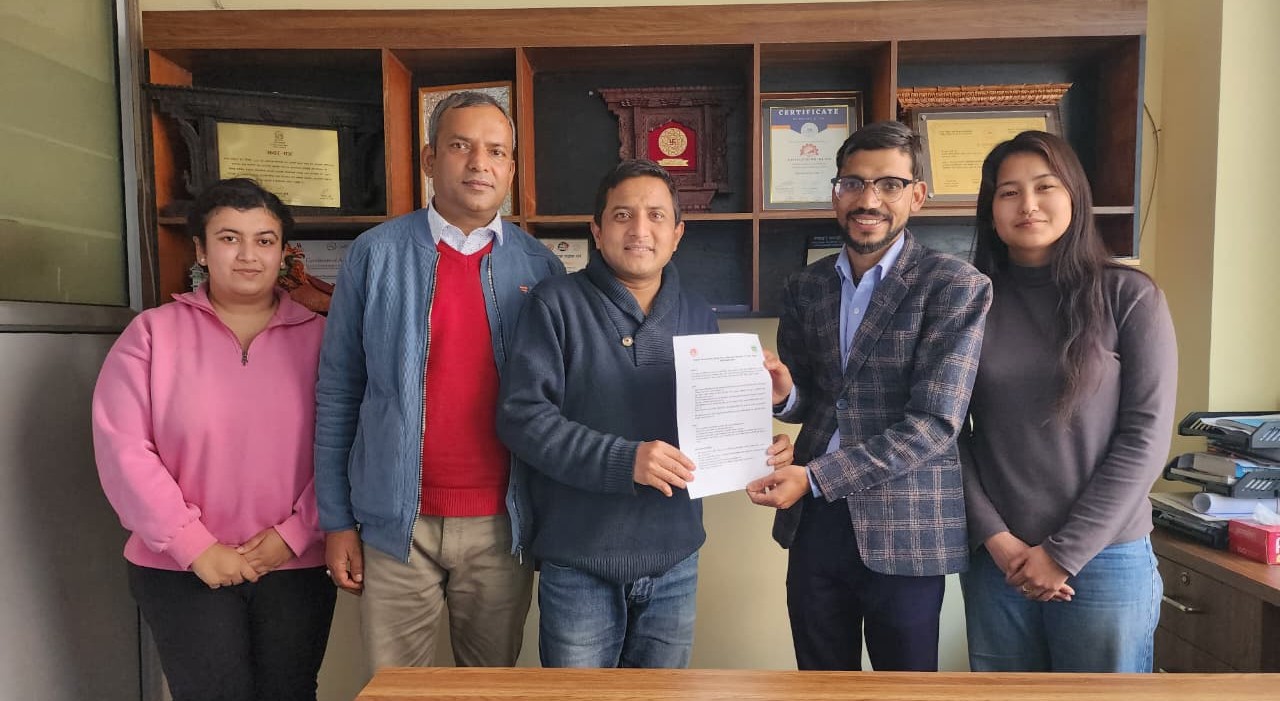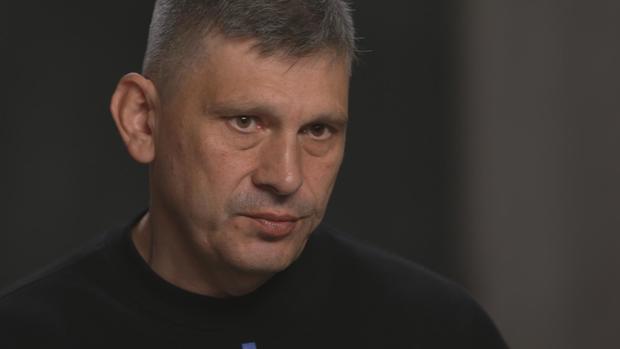
The War Reporter Who Refuses to Surrender
November 10, 2024
Frenchie Mae Cumpio: A Journalist’s 5-Year Ordeal Under Philippines’ Anti-Terror Laws
November 11, 2024November 11, 2024 – Philippines –
Frenchie Mae Cumpio, a community journalist and host with Eastern Vista in Tacloban, has endured a prolonged legal battle since her arrest in February 2020. As part of the “Tacloban 5,” she initially faced charges of illegal firearms possession and graduated to accusations of terrorism financing—allegations widely dismissed by press advocates and rights organizations as politically motivated attempts to suppress dissenting voices and grassroots journalism.
Over the ensuing years, Cumpio’s trial was plagued by delays and procedural obstacles. Despite presenting a clean record, her case was entangled in an expansive application of the Philippines’ contentious Anti‑Terrorism Act, including claims tied to a small cash fund discovered at her newsroom. Authorities argued this money supported insurgency, framing her reportage and community engagement as criminal activity.
On November 11, 2024, Cumpio finally took the stand at the Tacloban Regional Trial Court. During her testimony, she refuted all charges, characterizing them as “a travesty of justice” and an assault on democratic rights. Her lawyers, along with press freedom organizations like the International Federation of Journalists (IFJ), Committee to Protect Journalists (CPJ), and Women in Press Freedom, called on authorities to drop the charges and grant her immediate release.
The case has drawn international attention. On November 12, 2024, the UN Special Rapporteur on the promotion and protection of human rights and fundamental freedoms called for justice in her case, describing her detention as part of a worrying pattern of suppressing journalists under anti-terror laws. Meanwhile, IFJ documented troubling courtroom irregularities, including prolonged pretrial detention and denial of legal protections, raising alarms over adherence to due process.
If convicted, Cumpio faces up to 52 years in prison—an excessively harsh penalty critics say exemplifies the misuse of anti-terror legislation to intimidate journalists, community leaders, and civic voices. In response, press freedom advocates are intensifying calls for legal reform, urging the Philippine government to safeguard journalists, expedite her trial, and ensure the judiciary operates free from political influence.
Frenchie Mae Cumpio’s ordeal highlights the dangers posed by broad anti-terror measures that criminalize journalism. As her case moves forward, it stands as a pivotal test for press freedom in the Philippines—and for the integrity of democracy itself.
Reference –

